15 Household Items That Fertilize Your Garden
As an Amazon Associate and member of other affiliate programs, I earn from qualifying purchases.
You might be surprised at how many things you already have at home that can be used to fertilize your garden. All of these items are safe for your compost pile, but if you’re looking for something even simpler, you can add them straight into your garden soil.
Although this method of fertilizing is not as quick to work as supplementing with synthetic fertilizers, it’s a good way to work on conditioning your soil for better vegetable gardening year after year.
15 Household Items That Fertilize
Over time, these items will compost right in your garden beds improving the structure, microbial activity, and fungal growth that makes good quality gardening soil.
Learn more about how to use fertilizer in your vegetable garden and how to make your own fertilizer.
Coffee Grounds
Used coffee grounds are a great source of nitrogen for your garden. It does tend to acidify the soil if used in excess, so sprinkle it sparingly on your soil as mulch or use in your liquid fertilizer mixture.
Crushed Egg Shells
You can toss crushed eggshells right into your garden soil. The more you crush and grind them, the faster they will dissolve.
But don’t expect eggshell treatment to fix blossom end rot – by the time you see that brown rotten bottom, no amount of eggshells can help. I recommend you do this instead.
Epsom Salts
Because of the mineral components of Epsom salts, they are a great additive to your garden water. But keep in mind that the magnesium and sulfur in Epsom salts are micronutrients, and Epsom salts alone are not a good overall fertilizer for your plants.
Wood Ash
Wood ashes are an excellent source of potassium, but you have to be very picky about what ashes you use. Anything from treated wood, charcoal, or that was lit with lighter fluid can harm your plants.
You want to use untreated hardwood ashes and use them sparingly. Too much can increase the pH of your soil for disastrous results.
Gelatin
Use gelatin to give your plants boost nitrogen. Mix 1 packet of gelatin in 4 cups of water to use as a simple once monthly fertilizer for houseplants and small gardens.
Green Tea
A weak solution of tea can be used to water plants every 4 weeks. Use 1 teabag to 2 gallons of water.
Fresh Water Aquarium Waste
Whenever you clean your aquarium, pour the wastewater onto your plants. This is great for vegetables as well as houseplants. Just make sure it’s freshwater – you don’t want to use saltwater on your plants.
Banana Peels
A lot of gardeners like to bury banana peels in their soil. And it makes a lot of sense because bananas are not only great organic matter, but they are high in potassium which is an essential plant nutrient.
You can reap their benefit a lot faster if you blend them, boil them, or soak them in water. Blend them with other veggie scraps to make an easy liquid fertilizer.
Raw Honey / Molasses
Honey and molasses contain nutrients for plants, but the sugar is also a boost of food for the bacteria that live in the soil. A good way to use it is to stir a tablespoon of molasses into your other liquid fertilizer just before watering your plants.
Hair (Human/Animal)
Hair is a good item to add to your compost pile, but you can also put it directly in your garden. As it degrades it will add nitrogen to the soil, and human hair can help keep the deer away.
Milk
All kinds of milk (fresh, spoiled, evaporated, and powdered) are good sources of calcium for your garden soil. Simply make a mixture of half milk + half water to pour around the base of your plants.
Fish carcasses
You can use whole fish or pieces of fish and shellfish in your garden. Just make sure you bury them at least 6 inches deep. You don’t want any night time pests coming and digging up dead fish and all your veggie plants.
Bones
If the thought of it doesn’t totally creep you out, it’s fine to bury bones from cooking in your garden soil. They’re going to provide a very slow release of calcium and phosphorous into your soil feeding not only your plants but beneficial bacteria and worms in your soil.
Veggie Scraps
Even if you don’t have the space or the desire to keep a composting bin, you can still reuse your veggie scraps to make fertilizer in your garden.
Grind them up and mix them directly into the soil. This works especially well if you do it in the fall or a few months before you plant out your veggie starts.
Matches
Spent matches have a small amount of magnesium and of course wood or paper. Feel free to toss burnt matches into your garden soil for a slow release of micronutrients.
Using household items for fertilizer
Whenever you’re using these items as fertilizer, you’re not only feeding your plants but improving your garden soil. Compared to synthetic fertilizers, homemade soil amendments provide long term benefits to growing food at home.
While synthetic fertilizers do boost nutrients and make plants grow big and beautiful, because they are water-soluble, they quickly wash away. That means you have to reapply the fertilizer regularly as the vital nutrients don’t hang around in your soil for long.
By switching to natural fertilizing options, you’re working toward a more sustainable system that can provide you with healthy homegrown vegetables for years to come.
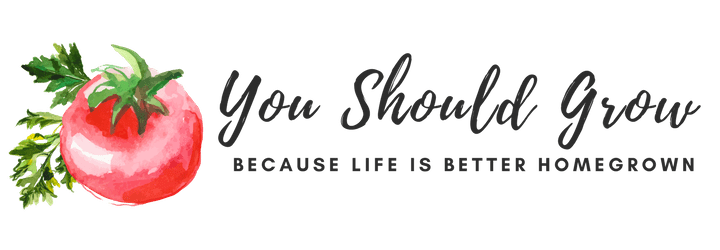

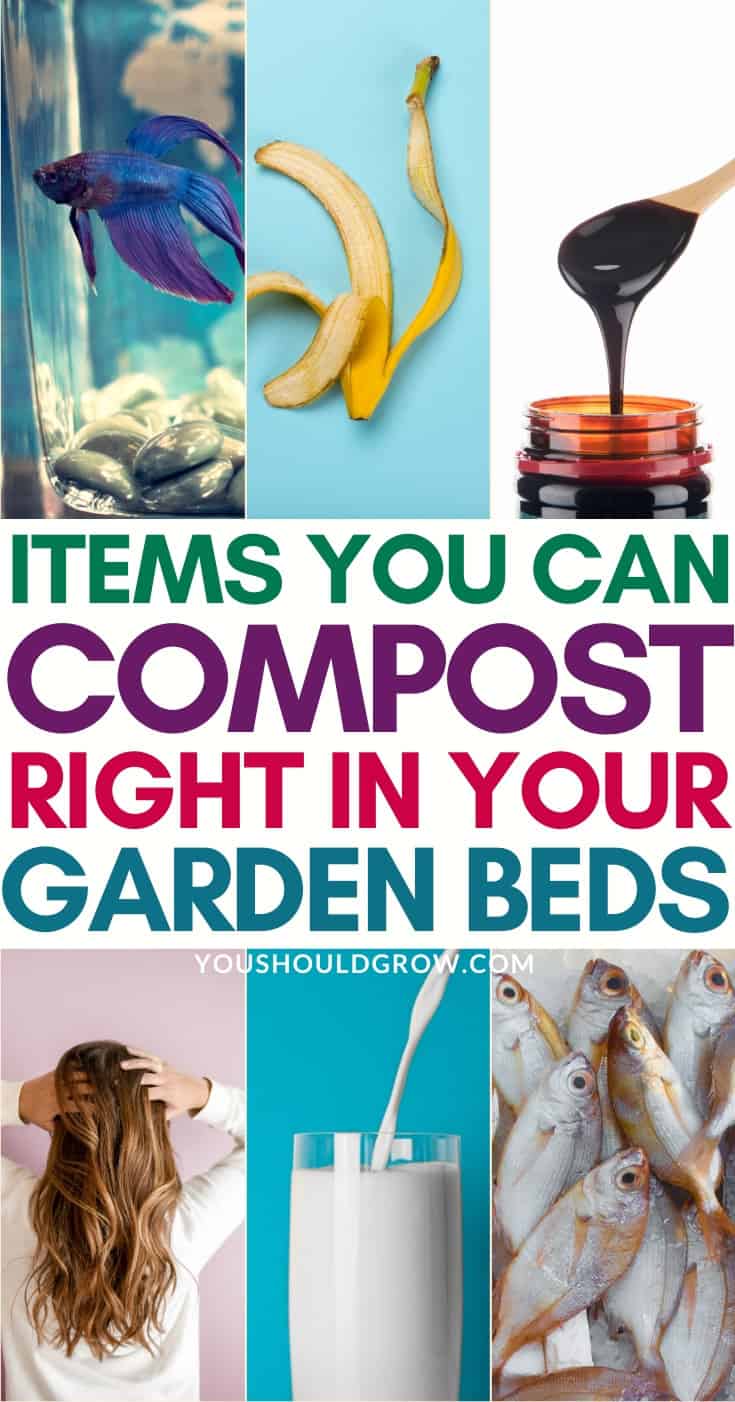
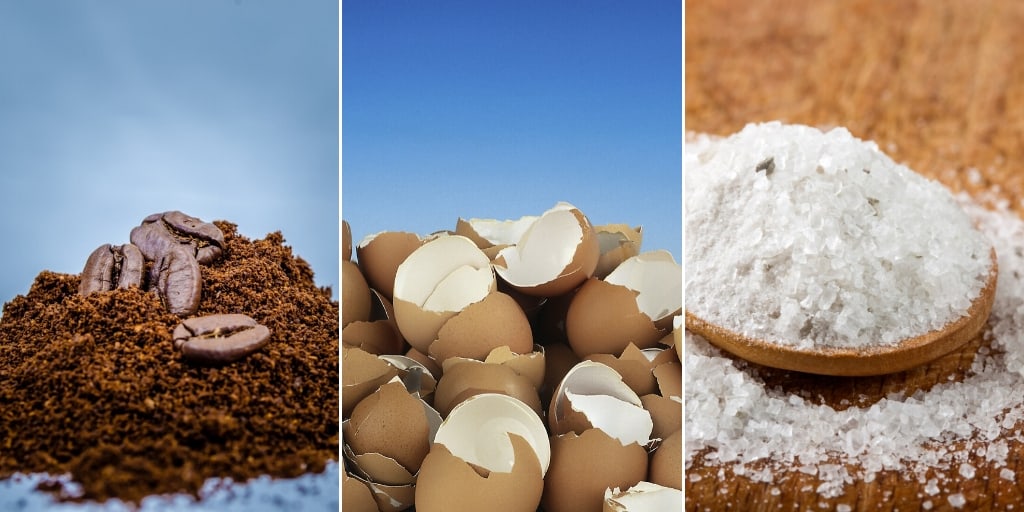
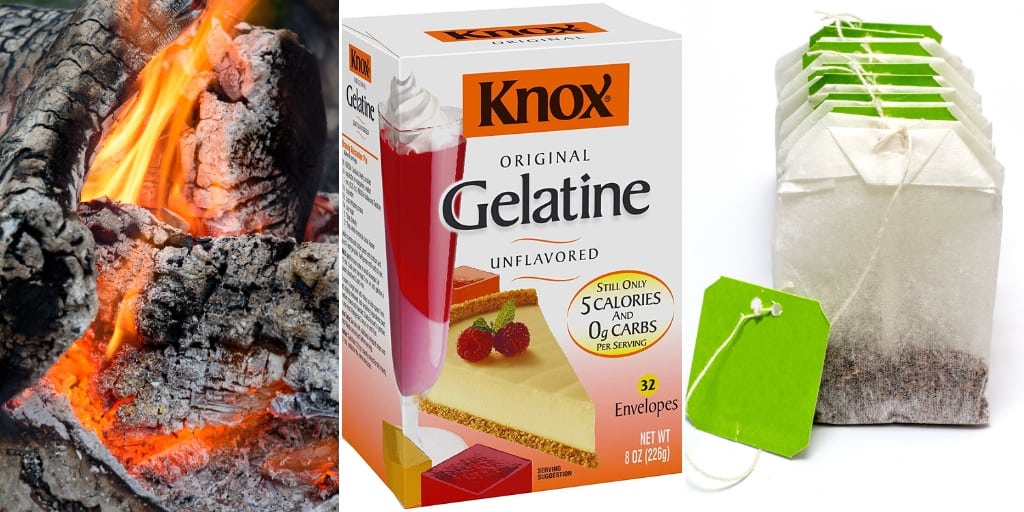
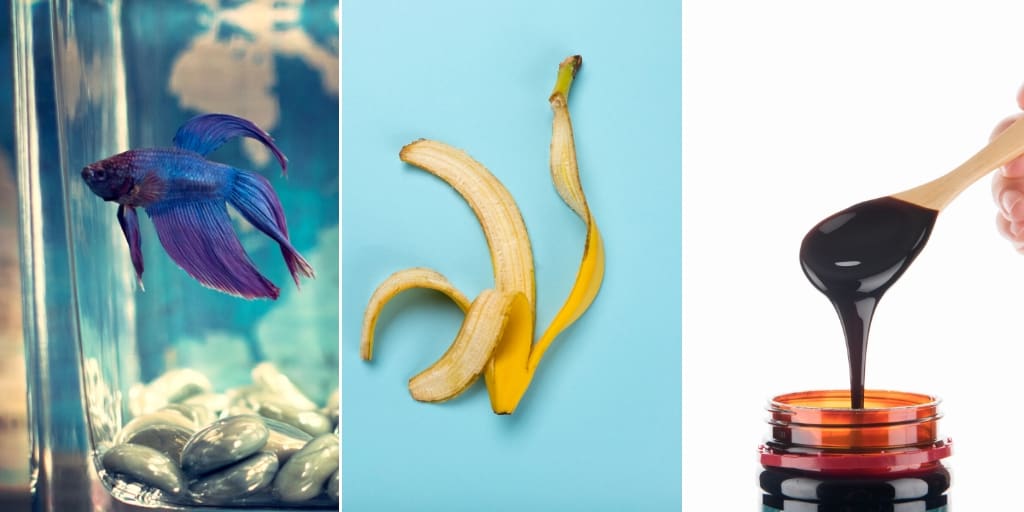
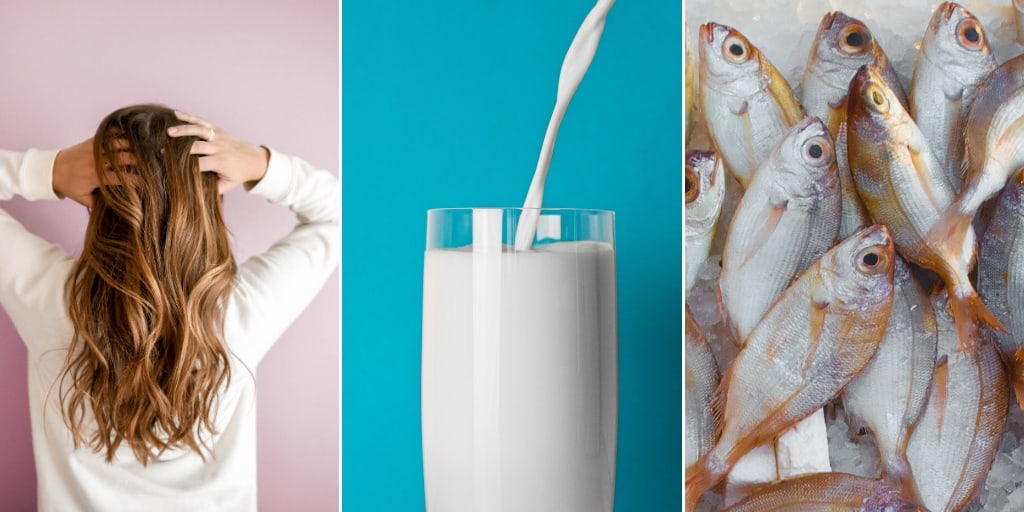
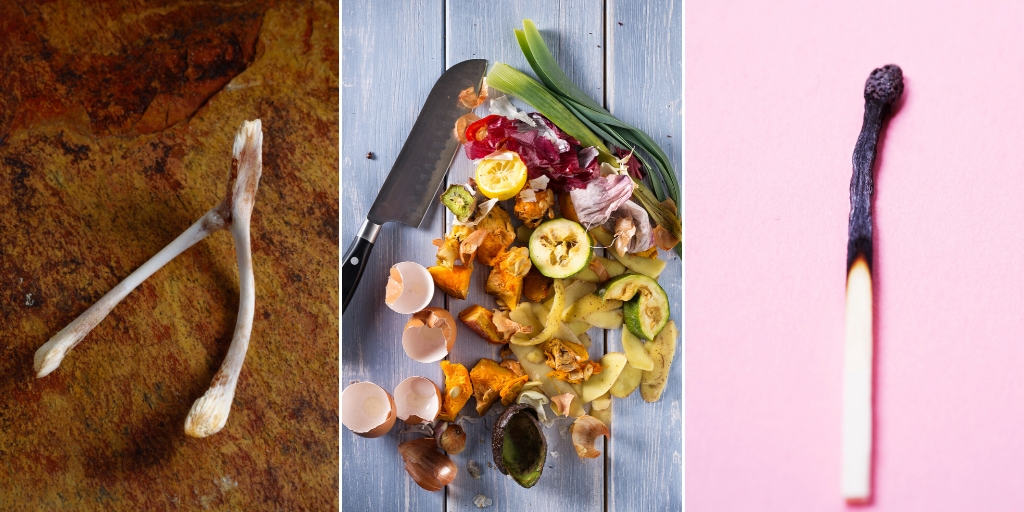
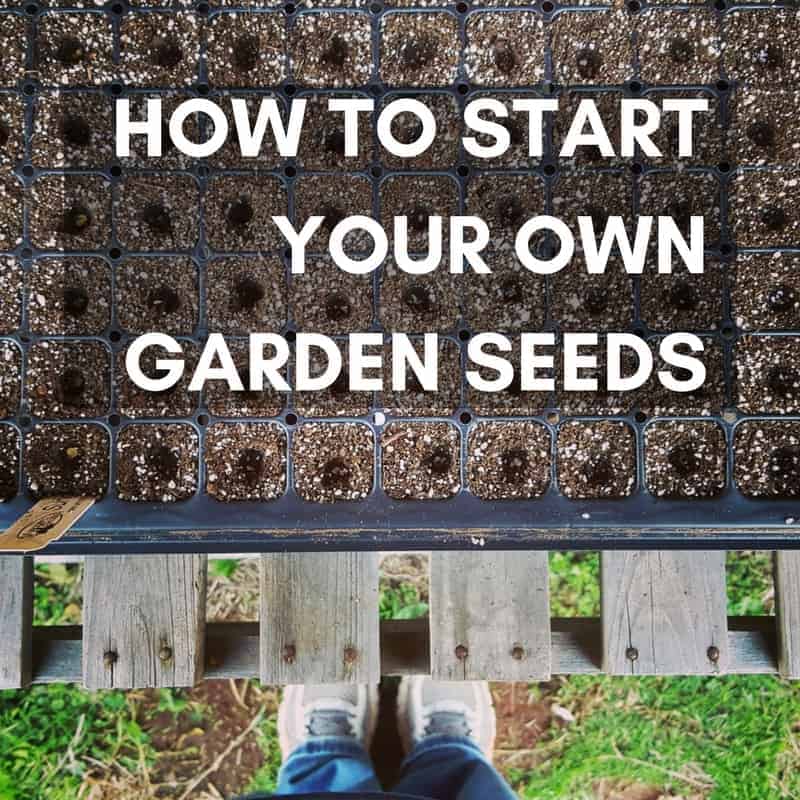
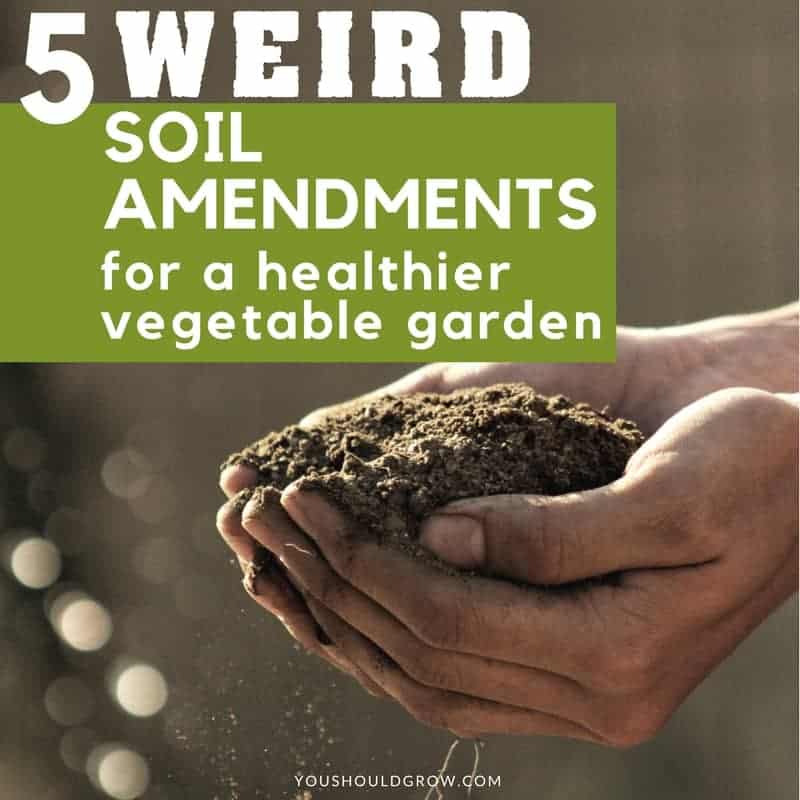
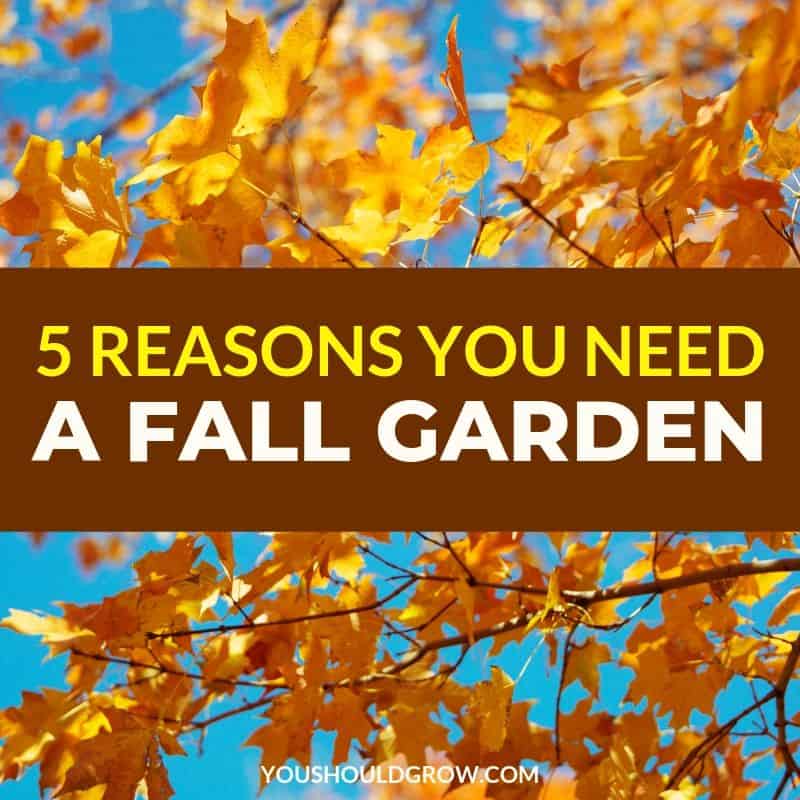
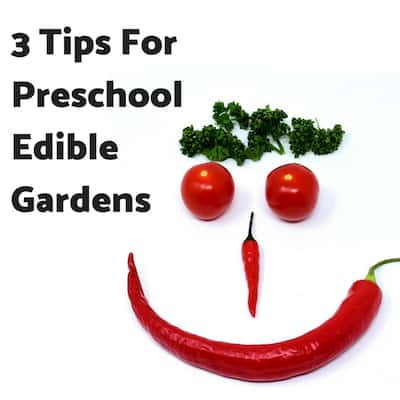
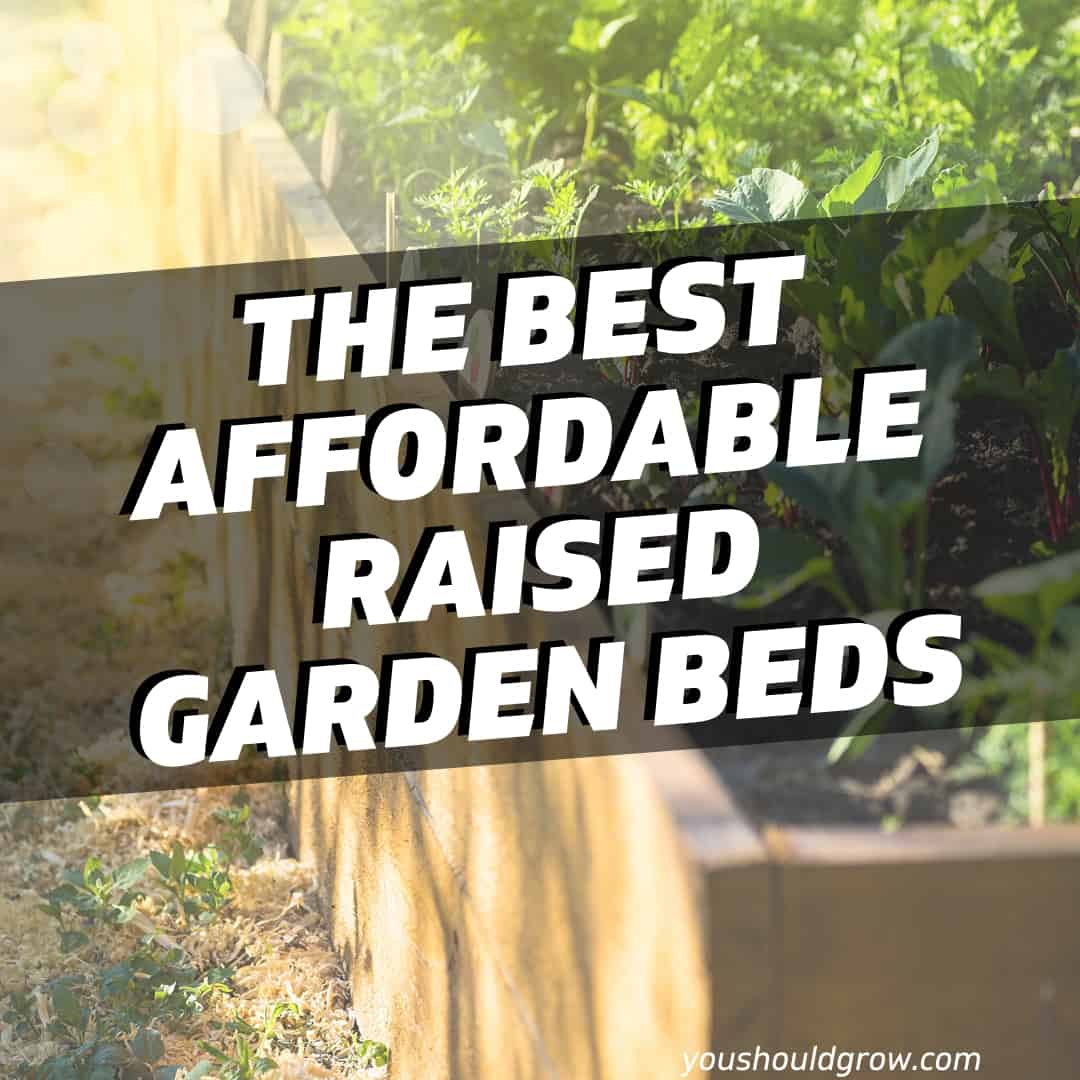
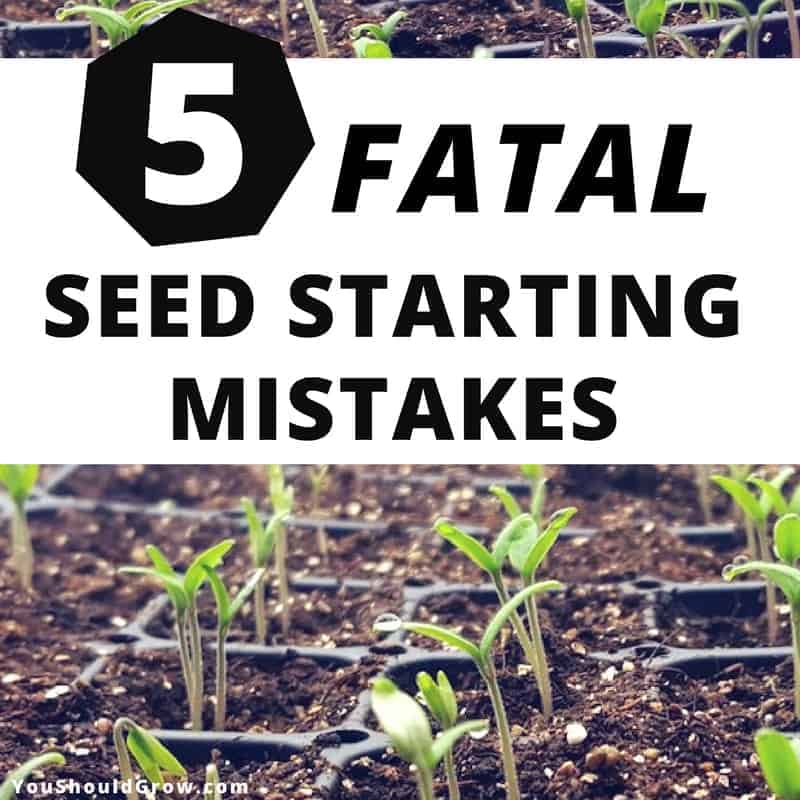
I have a small garden of iris’s. I have been using coffee grounds, egg shells, and banana peels. I have a new idea and was wondering if it would work as well. Some of my family uses chewing tobacco. Could i use the spit from the tobacco to put on or around my iris’s?
I wouldn’t just bc of EW factor